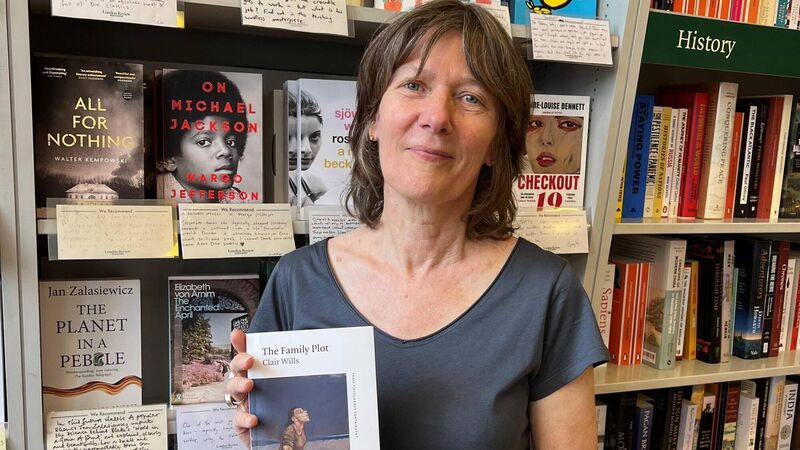Book Review: Clair Wills is razor-sharp on mother-and-baby homes, abortion and psychiatry in The Family Plot

Clair Wills, author, writer and academic. Picture: Zahid Chaudhary
- The Family Plot
- Clair Wills
- London Review of Books, £12.99
Try from €1.50 / week
SUBSCRIBE
Clair Wills, author, writer and academic. Picture: Zahid Chaudhary
Already a subscriber? Sign in
You have reached your article limit.
Annual €130 €80
Best value
Monthly €12€6 / month
Introductory offers for new customers. Annual billed once for first year. Renews at €130. Monthly initial discount (first 3 months) billed monthly, then €12 a month. Ts&Cs apply.
Newsletter
Music, film art, culture, books and more from Munster and beyond.......curated weekly by the Irish Examiner Arts Editor.
Newsletter
Music, film art, culture, books and more from Munster and beyond.......curated weekly by the Irish Examiner Arts Editor.
© Examiner Echo Group Limited